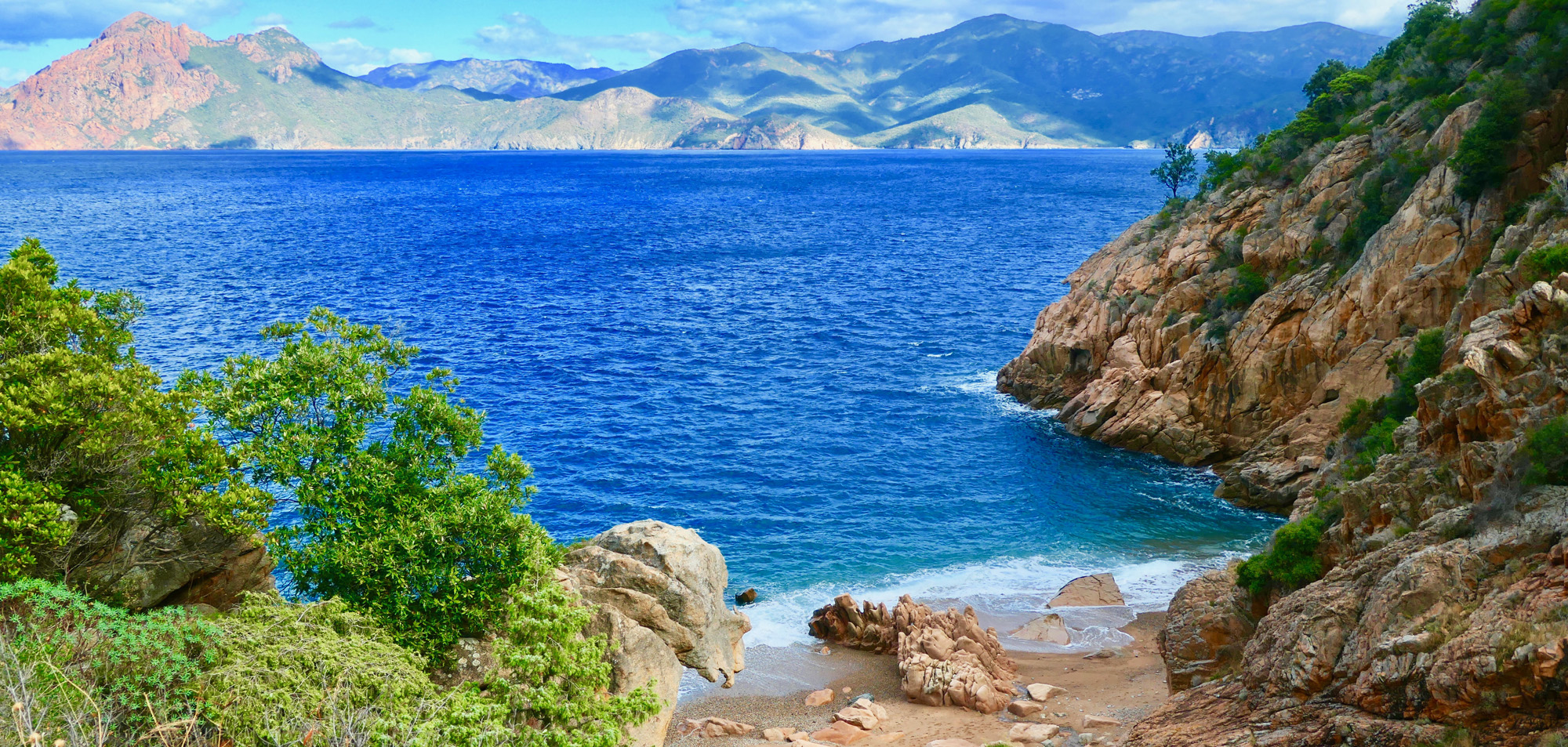

The Gravona valley
The Gravona is a river in southern Corsica that rises on the western flank of Monte Renoso and flows into the Prunelli 46 km further on. The road linking Ajaccio to Bastia via the Col de Vizzavona and the Corsican railway line pass through the Gravona valley. Just thirty or so kilometres from Ajaccio and forty or so from Corte, the Haute Vallée de la Gravona is the ideal destination for a family break away from the crowds and mass tourism of the seaside resorts.
Some walks to do in the valley
- The bride's veil waterfall (easy 0h30 walk)
- The Ricchiusa loop (medium, 3h30 walk)
- The old mule track linking Carbuccia to Peri (easy, 1h30 walk)
- The old mule track linking Bocognano to the Col de Vizzavona (sporty, 6-hour walk)





